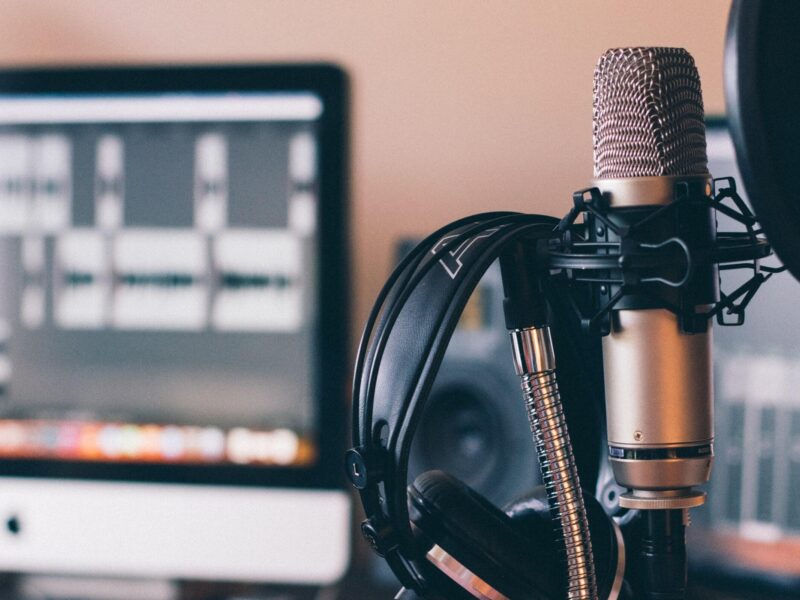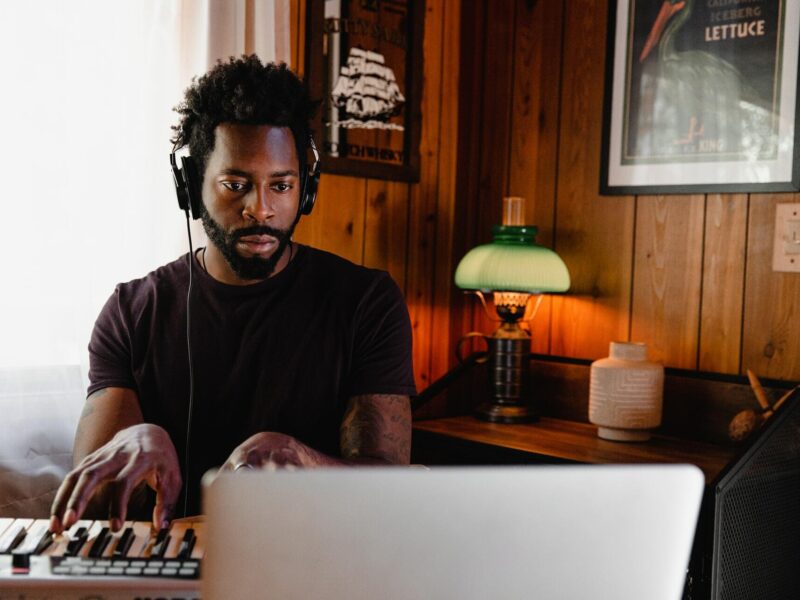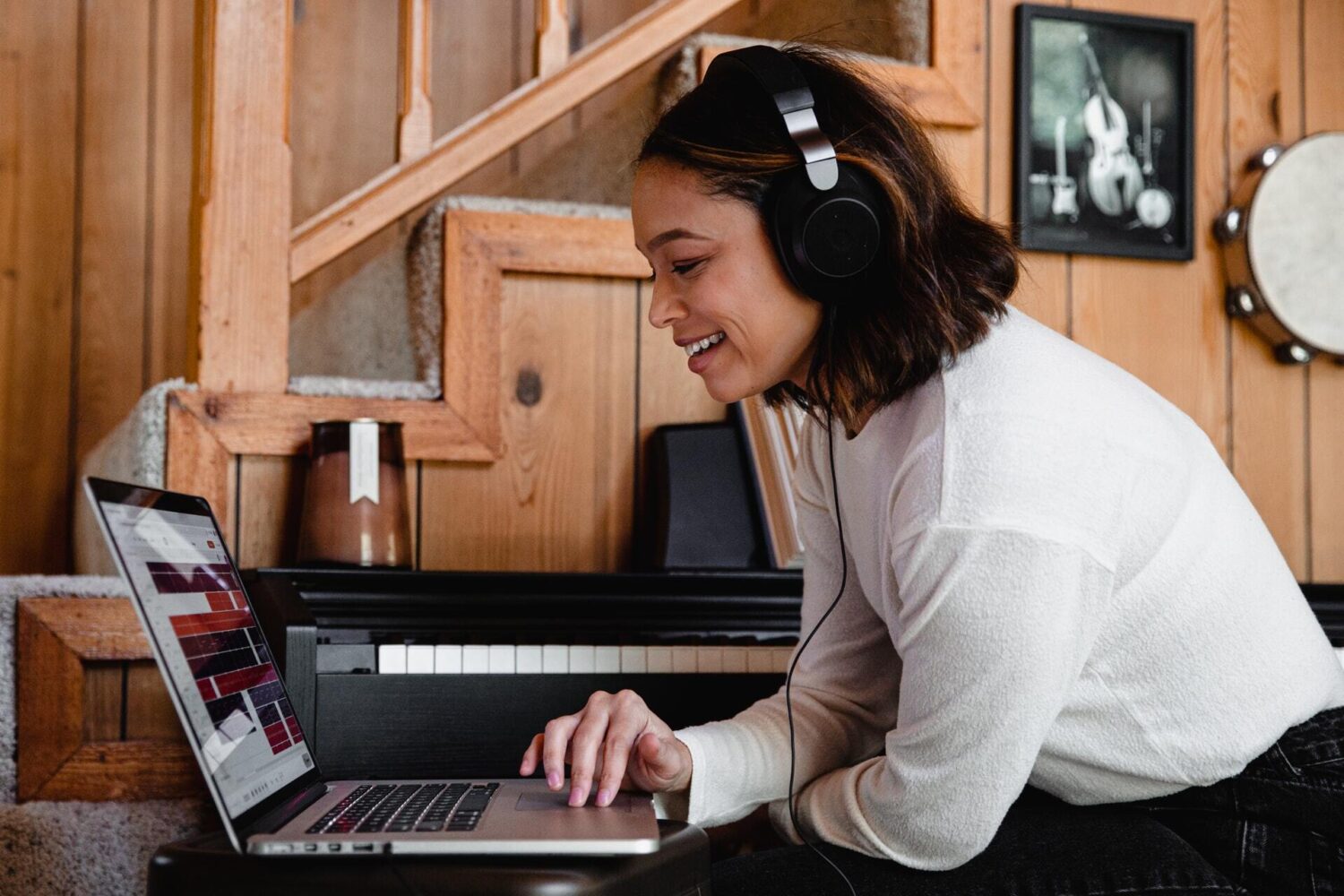
Download Your FREE 22-Day Single Release Plan
Sync Licensing Guide: How To License Your Music
Contents [ ]
Ever wondered how to get your song in video games, TV shows, adverts, movies, and more?
This guide breaks down what artists and musicians need to know about sync licensing, how sync works, and what you as an independent artist can do to get the greatest financial benefit out of synchronization.
What is Sync Licensing?
A sync, or synchronization, happens when a piece of music is timed in a fixed fashion, (i.e. synchronised) with images. Already-existing music is regularly licensed to set to various media ranging from film and TV to newer forms like video games or online videos, and the type of license needed to do this is called a sync license.
But how do you go about securing a sync license for your music? Read on to find out more about this often misunderstood but frequently lucrative area of music licensing.
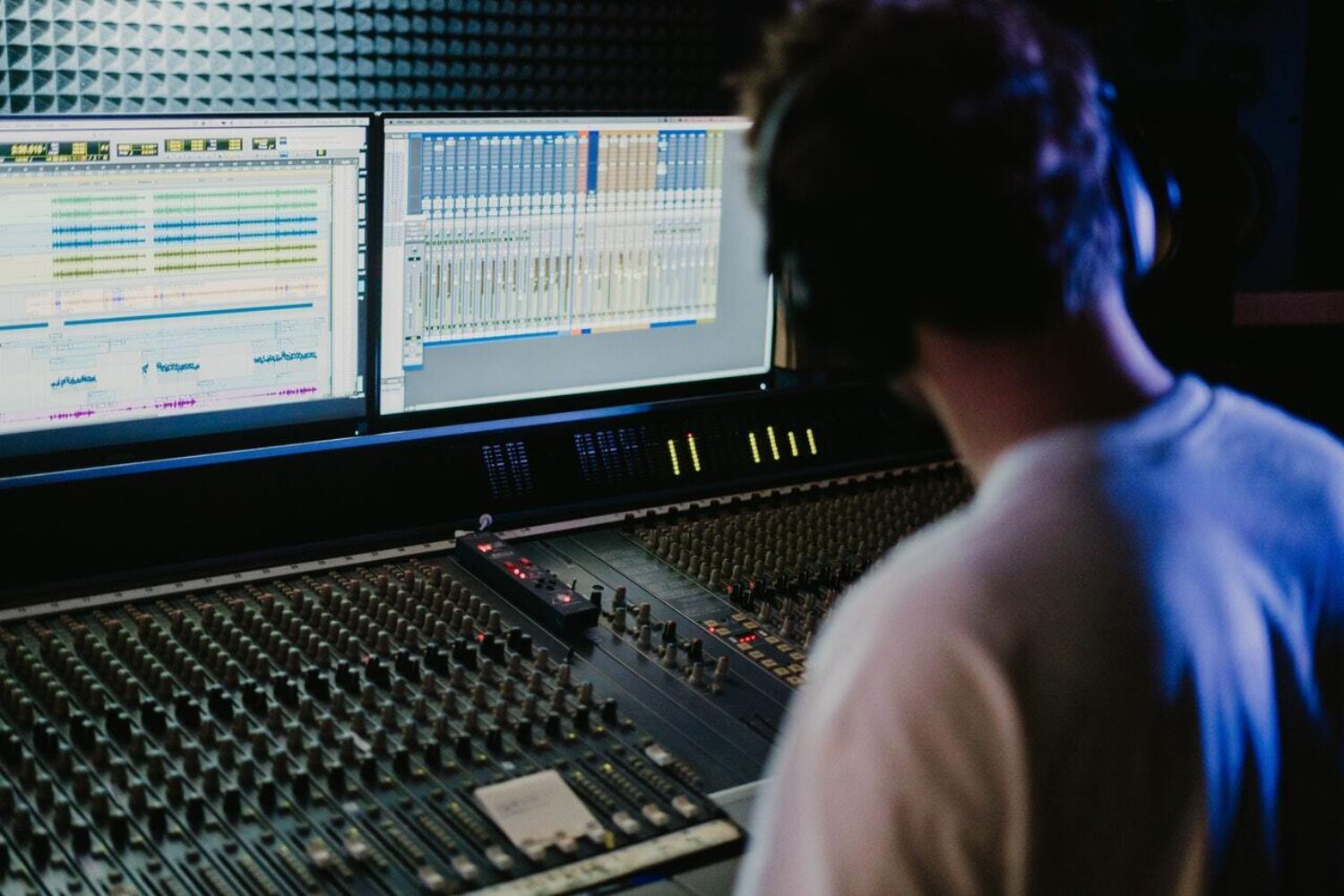
Types of Media: Film, TV, Advertising & Video Games
When negotiating sync licenses, one of the first things you'll want to consider is the type of media your music will be synchronized with, as each kind of platform usually comes with certain expectations concerning how your music will be used and on what platforms it can be broadcast.
TV shows generally ask for ‘all media, excluding theatrical’ giving them free rein to use your music everywhere except the cinema; studio films usually ask for ‘all media, including in-context promos and trailers’ which allows them to use films clips featuring your music in ads without paying you again.
If you're negotiating sync for your music to be used for online advertising, it's useful to be specific over whereabouts on the internet it will be used - for instance, you should be able to secure a much higher price for paid platforms like YouTube pre-roll advertising than exclusive use on the business's social media accounts.
License Terms
Next, consider the term of the license - how long will it last?
Most licenses for TV, film, and games are agreed as 'in perpetuity' - forever.
If you get the chance to work with larger studios there will probably not be much room for negotiation on the term of the sync, but if you’re licensing to independent films, try, if possible, to limit the term - this means that if that small indie film suddenly becomes a breakout hit, you might be able to negotiate a higher fee later down the line.
By the same token, if your song unexpectedly takes off and hits the charts, you’ll be able to capitalize on its success and secure higher fees in the future.

Exclusivity
Also, consider exclusivity.
For the most part, sync license agreements are done on a non-exclusive basis, but in advertising you might end up being asked for ‘full exclusivity’, preventing you from licensing your music for any other products or services, or you might be asked for limited exclusivity, meaning your hands are tied if someone else requests your music to advertise the same type of product.
What Is A Music Supervisor?
Music supervisors are the 'middle man' between the sync users and the industry.
Basically, music supervisors are the ones responsible for sourcing songs and music to be used for a project. It is the job of a publisher to pitch your music to the right music supervisors and grant them sync licensing if they do go ahead with using your tracks.
Negotiating Fees With Music Supervisors
When negotiating a fee for a sync, it pays (*ahem*) to be clear on the specifics.
It’s standard practice that sync payments are done on a flat fee, not a royalty basis (although there are exceptions to this).
The music supervisor needs to secure two sets of copyrights: the master (the recording) and the publishing (the composition).
These are often referred to as ‘sides’. To be able to legally synchronize the piece of music to the visuals, the production needs to not only secure the publishing but also clear the rights to use a master (recorded performance) of the song.
If you’re completely independent and you own your recording master and your publishing rights, the production can offer you an ‘all-in’ fee, and you’ll keep all of the money.
This is known by music supervisors as a ‘one-stop’ and is quite desirable for them as it reduces their workloads.
If you’re signed, the record label will take a percentage; for syncs, the publisher’s fee is usually equal to the one for the recording, i.e. a 50/50 split, so for this kind of deal the label will usually take 50% if they own the master and you own your publishing.
This is all going off the assumption that the music is entirely of your creation: if you have a co-writer, then the amount paid by the production for the publishing will be split between each songwriter - bear in mind also that everyone with a credit for songwriting has a say in whether or not a song may be synced.
Two things to be clear on that aren't immediately obvious:
The first is that clearing just the publishing from the publisher is often referred to as the 'sync license', i.e. not including the master - even though this is only half of what the music supervisor requires to legally use the music in a production, it's often the case that they choose to explicitly commission a master sound recording for the film, foregoing the requirement for the original master.
The second thing to be clear about is that if you are a 'one-stop' then you are said to hold 200% (100% of each of the two 'sides' of copyright).
Always strive for clarity in negotiating payment: if anything’s unclear, ask, and make sure you’re certain about whether the fee is on a ‘per side’ or ‘all-in’ basis.
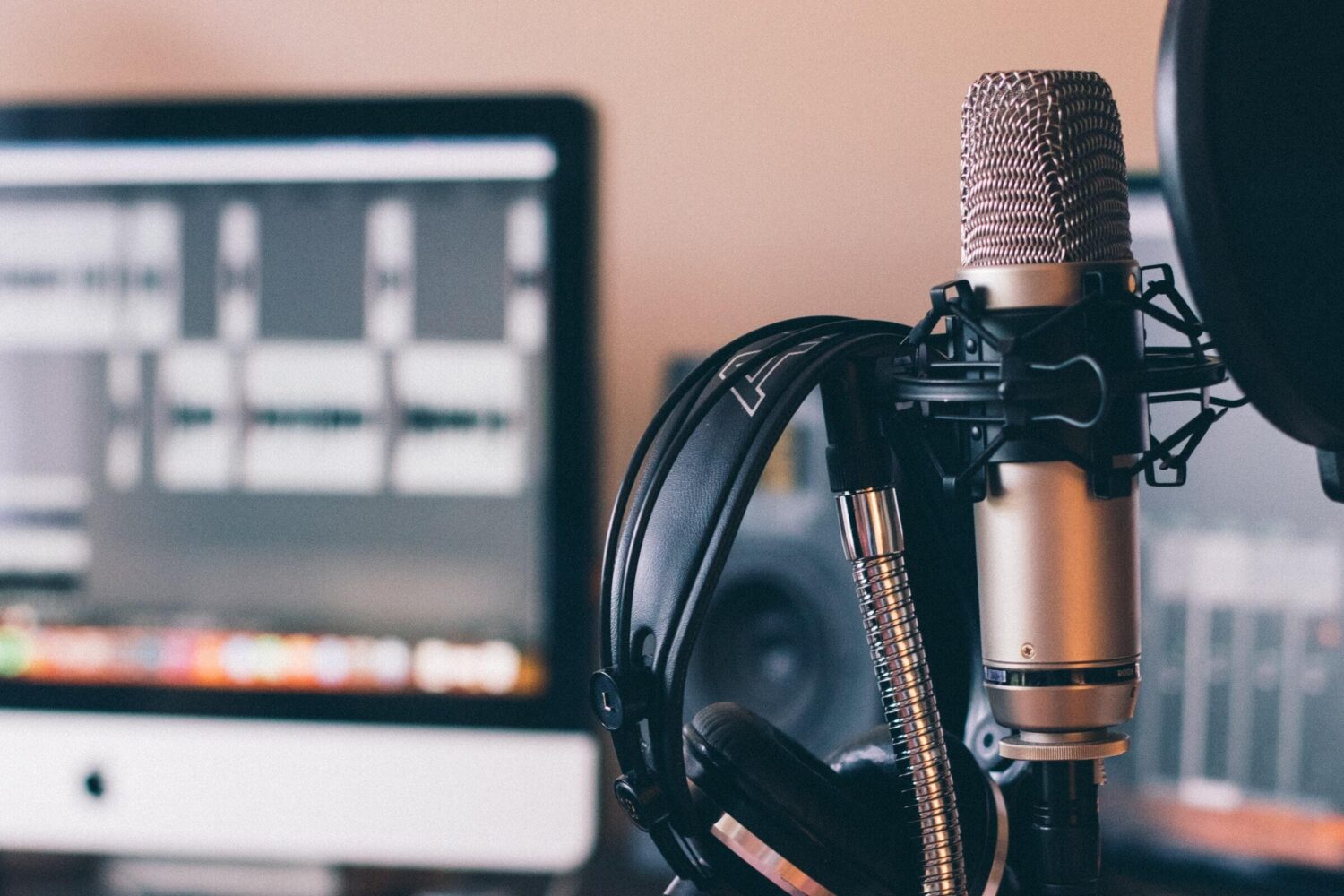
What is MFN?
MFN stands for ‘Most Favoured Nations’ and essentially it means that you’ll get the same deal as other artists who are sync licensing their music on that production.
This can be a great thing financially for indie artists.
If the song you’re sync licensing is a cover of a famous song, and you’re feeling a bit cheeky, and you know there's a sizeable budget attached to the production, you might want to ask for ‘MFN with the publisher’ - if the music supervisor agrees to pay you the same as the publisher of a chart hit, you’ll probably end up with a sizeable sum of money!
Go It Alone
It can be difficult for creative independent artists without agents to land a sync placement, but this doesn't rule it out as an option.
Music supervisors generally don't accept unsolicited submissions, so if you want to go down this route it's useful to be able to get past the gatekeeping by having strong networking skills, and perhaps some pre-existing reputation within the industry.
Saying that, regardless of your network or standing, it might be useful to follow music supervisors on social media and follow up any specific requests for music that they make public.
Third-Party Music Licensing Agencies
Licensing companies act as the middleman between you and the music supervisors: they provide a library of well-produced music that fits the specific niches that a production wants to use.
In return for a commission, the third party secures the artist a sync license agreement.
It can be difficult for creators to break into sync licensing through this method as companies can be very selective over who they choose to add to their roster, and many don’t accept any unsolicited submissions.
However, you're more likely to find headway through this route than going it alone without a licensing team, and as long as your music is up to scratch and you present it professionally, this can be a good way to get started in sync licensing and have your music played all over the world.
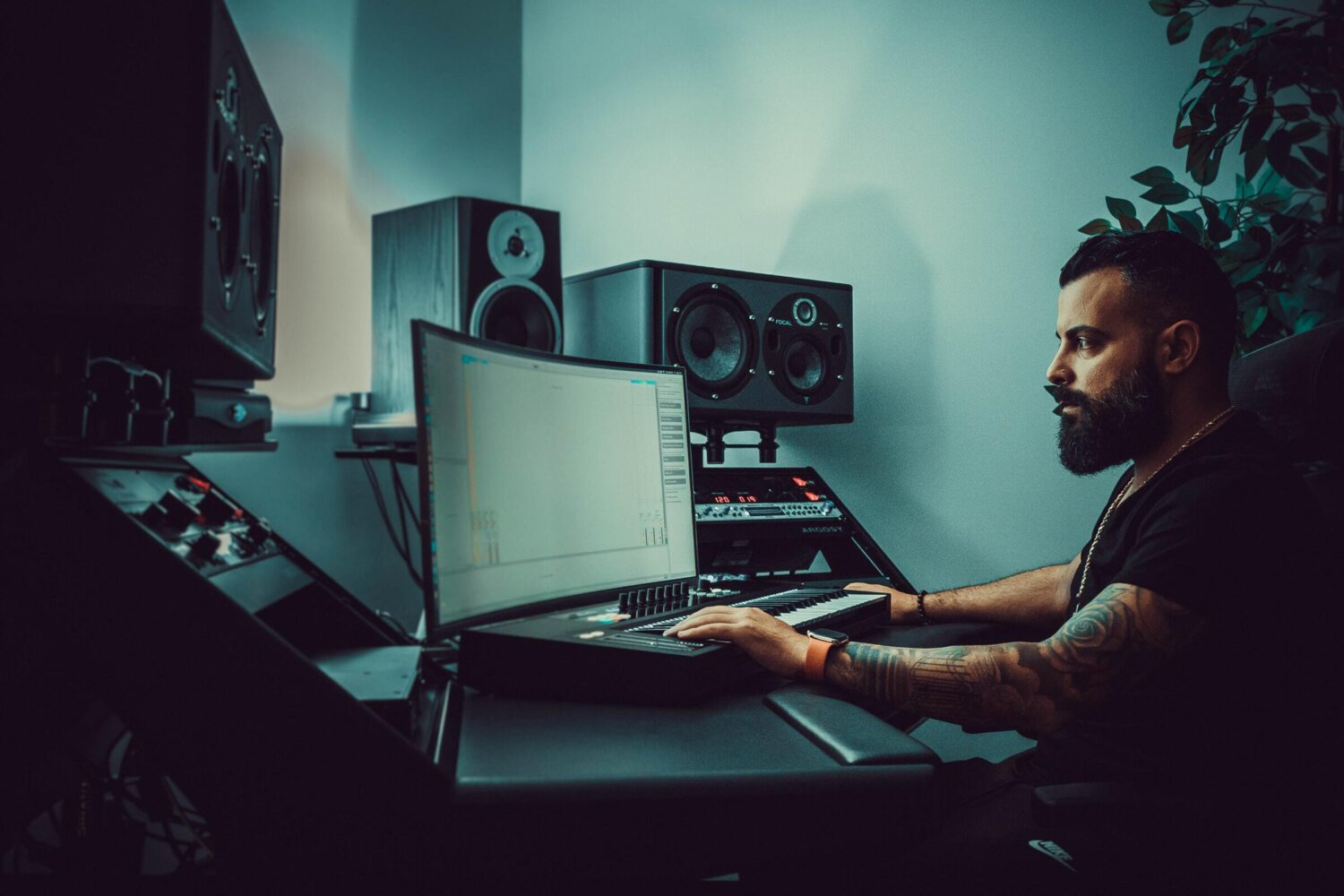
Maintain Professional Standards
Make sure that everything you send to a music supervisor or third-party licensing agent is up to the highest professional standard.
This means high resolution mixed and mastered uncompressed audio. And the music itself should be polished and well-recorded: music supervisors aren’t interested in demos or unfinished ideas.
Metadata
File formats that can hold metadata are preferable and making the tags as comprehensive as possible will help in getting your music placed (check what format the licensee prefers beforehand if possible).
Your metadata should include the standard fare like song name (if it’s a cover, add this here as well because it’s of vital importance to music supervisors), artist, composer (include your full name as well as co-writers full names, and add percentages of the ownership too), year (of recording the master), genre; and if possible also include mood, instrumentation, the ISRC (if you have it), BPM (can be useful for productions), grouping (here you should include percentages pertaining to master and publishing rights), and comments - here you should put your contact information.
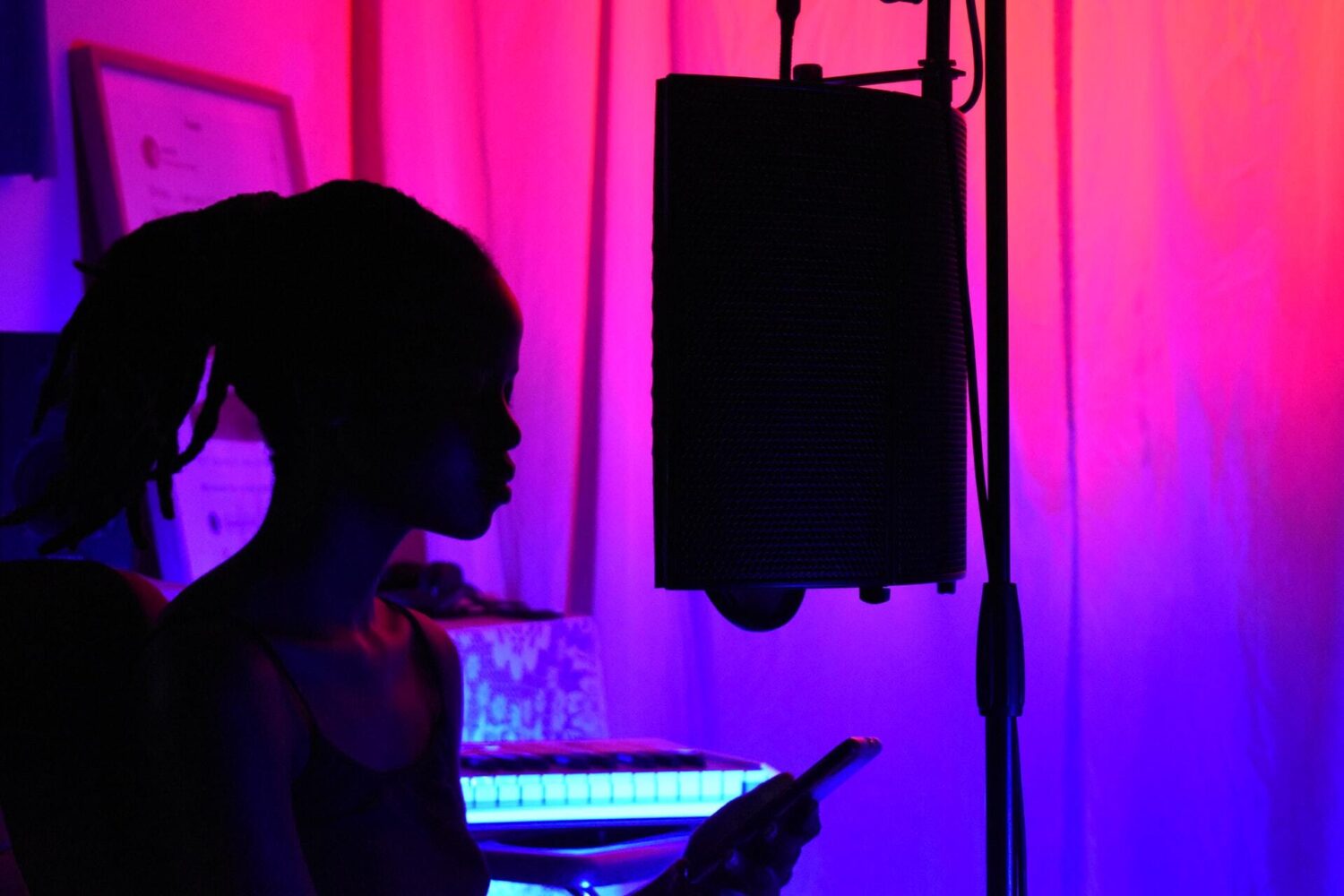
Maximise Your Chances
Besides nailing your metadata, it’s also helpful to provide lyric sheets to allow music supervisors to search for songs that fit scenes based on an apt lyric.
The more lyrics you provide in a PDF, Word document, etc. the more likely your music is to be used.
Another thing you can do to increase the odds of securing a sync licensing deal is to include mixed and mastered instrumental versions in your musical offerings to supervisors or third-party licensors.
This will help your song to stay in the visual work in case they need to mute the vocal.
Don't Get Sued
This almost goes without saying, but it’s especially important for sync licenses (as everyone involved can be sued); if you’ve included any samples in your music, you need to be upfront about them so they can be licensed.
If you don’t do this, the copyright owners of the sample can take you to court, and they can also take the music supervisor, the studio, production company etcetera.
Needless to say, you’ll never land another sync deal again: so don’t forget to disclose any samples!
Good luck and happy syncing!

